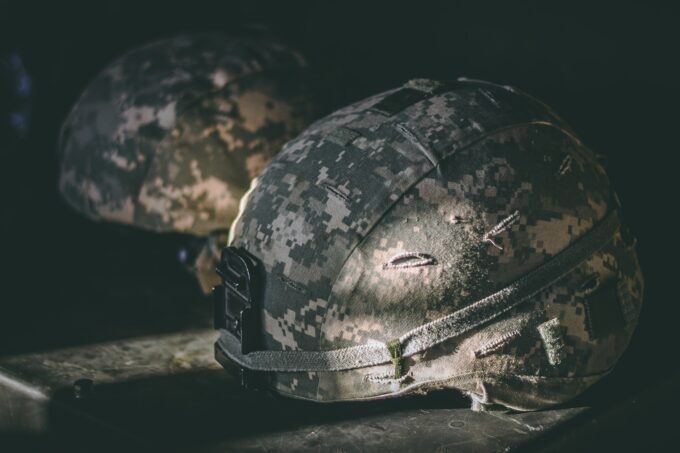
Image by israel palacio.
The recent military coup in Niger highlights a major weakness in worldwide efforts to promote democracy. It also underscores the need to establish a binding international precedent to ban the recognition of military regimes, particularly those that result from military coups. The institutionalization of such principles would foster democracy and better governance throughout the world.
In international law, the issue of recognition of illegitimate governments has ancient roots. The Tobar Doctrine, proposed in 1907 by the then Minister of Foreign Affairs of Ecuador Carlos Tobar, calls for denying recognition of de facto governments emerging from revolutions against the constitutional order. However, this doctrine never gained widespread acceptance.
The Estrada Doctrine, formulated in 1930 by the Minister of Foreign Affairs of Mexico, Genaro Estrada, landed a similar fate. This doctrine also denies recognition to the government that has assumed power by extra-constitutional means. Although both doctrines are known in international law, they did not get the wide recognition they deserved.
Politics is the driver behind the recognition of illegitimate governments; world powers have often encouraged overturning a constitutional government, as happened in 1973 when the U.S. supported Pinochet’s takeover of the legitimate Allende government in Chile. Overt or implied recognition by Western democracies through ambivalent signs of disapproval have also encouraged military officers to overthrow constitutional governments.
Anthony W. Pereira, Director of the King’s Brazil Institute at King’s College in London, observed that since the end of World War II military rule has occurred almost exclusively in developing countries. Military coups d’état reached their height in the 1960s and 1970s.
The playbook in these cases is similar. Although the military often promises a quick return to civilian rule, this almost never happens, and the military remains in power for long periods of time, often through a puppet regime. The military relinquishes power either when forced by popular will, or when its own incapacity to govern makes its position untenable. This happened to the Greek military junta in 1974 after its debacle in Cyprus, to the Chilean regime under Augusto Pinochet in 1990, and to the Argentine military after the Malvinas-Falklands conflict of 1982.
The General Assembly and its International Law Commission could be called upon to draw up appropriate legislation to declare the illegality of all military regimes. As the late U.N. Secretary-General Dag Hammarskjold observed, the United Nations is “the most appropriate place for development and change of international law on behalf of the whole society of states.”
The non-recognition of military regimes as a universal principle raises some practical questions. First, is it possible to apply the precedent retroactively, when military regimes have already been recognized and established? This issue was relevant in the 1923 Tinoco case.
Federico Tinoco Granados was a Costan Rican general who overthrew the constitutional government of Costa Rica in 1917. Two years later Tinoco Granados left the country, after multiple accusations of corruption. The new government in Costa Rica nullified all agreements signed by Tinoco, among them a concession to a British oil company. The matter was submitted to the arbitration of U.S. president William Howard Taft.
The Costa Rican government argued that Great Britain could not enforce the contract because both Costa Rica and the U.S. had not recognized the Tinoco regime. According to Taft, however, Tinoco, who exercised de facto control of the State, even if he had not respected the constitution, had the right to incur debts on behalf of the State. Taft’s decision created a debatable precedent whose consequences are felt even today.
Second, what if military forces stage a coup against an oppressive or corrupt civilian regime? An ousted civilian government that has been freely elected by the people should not be denied recognition in favor of a post-coup military regime unless the overthrown government was responsible for gross human rights violations. Further, after a coup, recognition should be withheld until another civilian government is chosen in free and democratic elections.
It can be argued that non-recognition of de facto regimes will not by itself restore democracy. However, it is, a significant initial step that could be followed by stronger collective measures. To the contention that non-recognition implies undue interference in a state’s internal affairs, this objection loses validity if non-recognition is a consistent precedent of international law as established by the United Nations.
Consistent with this approach, both the African Union and the Economic Community of West African States (ECOWAS) have condemned the coup in Niger.
Non-recognition of military regimes is a response to increasing worldwide demands to eliminate the plague of military coups d’état. Once established as a legal precedent, it could become a significant step toward world peace, justice, and democracy.
This content originally appeared on CounterPunch.org and was authored by Cesar Chelala.